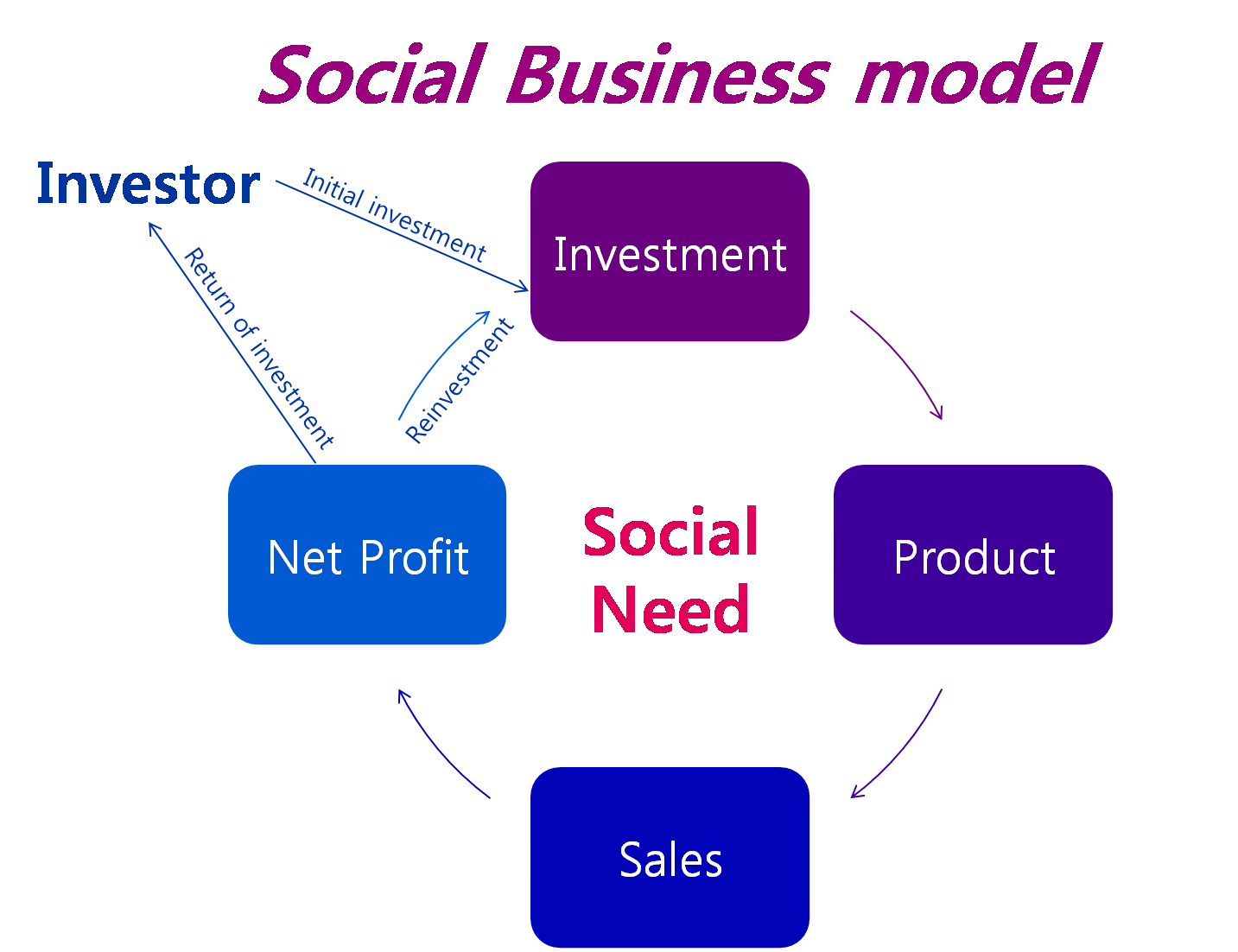The pioneer of micro credit, Nobel Peace Prize winner Muhammad Yunus, is coming to Australia to urge companies to start social business programs. A rare example of a business champion winning a Nobel prize, he is visiting Sydney and Melbourne on March 8 and 9 to speak to people in the private sector “to see if social business makes sense to them”.

Professor Yunus believes such projects might work especially well in indigenous Australia. He has developed this new concept over the past two years — following the resounding success of his micro-credit scheme, for which he launched the Grameen Bank in his home country of Bangladesh. Through social business, he said, firms apply their technology, management and design skills to solving a poverty or ill-health challenge, and retrieve their outlays — but at cost, without making a profit.
In Bangladesh, French dairy giant Danone has formed a social business firm in partnership with Grameen to manufacture and distribute yoghurt, boosted with extra nutrients, to children suffering from malnutrition.
German chemical conglomerate BASF has also joined a social business with Grameen to produce mosquito nets impregnated with defensive chemicals to guard against malaria. Other firms have begun delivering water to villages, and making and distributing cheap shoes for people who otherwise go barefoot, thereby picking up parasites.
“These companies have all come to us,” Professor Yunus said. “We have not sought them out, it′s been the other way round.” The BASF program began after Professor Yunus was invited by the chief executive to address the firm′s 245 top managers.
“Where there′s a problem,” he said, “there′s an opportunity. It′s an exciting idea. You can change your own society by doing business this way. Instead of depending on government to be responsible for people, they can take responsibility for themselves.”
Business For Millennium Development, a new Australian organisation that is hosting the visit, has already set up its own social business enterprise — in the Southern Highlands of Papua New Guinea. Mark Ingram, the group′s chief executive, said: “We′re encouraging companies to explore opportunities around their core business, which connect with communities in the Asia-Pacific region. Giving out loans is one thing, creating a functioning marketplace is another, and that′s what we′re seeking.”
The Southern Highlands business, to start operating in mid-year, will take products from village gardens to fill the catering needs at the large compounds being built for workers on the $16 billion ExxonMobil-led liquefied natural gas project soon to start construction. This will involve inputs from three companies already active in PNG: logistics firm Agility, whose temperature-controlled trucks will transport the fruit, vegetables and other produce; agri-business firm Goodman Fielder, which will provide chicks and cages for chicken production; and Amalpak, which makes boxes with air cushions so the goods can survive rough terrain. Mr Ingram said: “This project will be commercially viable, and it will benefit the village women who are the main gardeners in the Highlands, but who face the most challenges there, including violence, AIDS and polygamy.”
